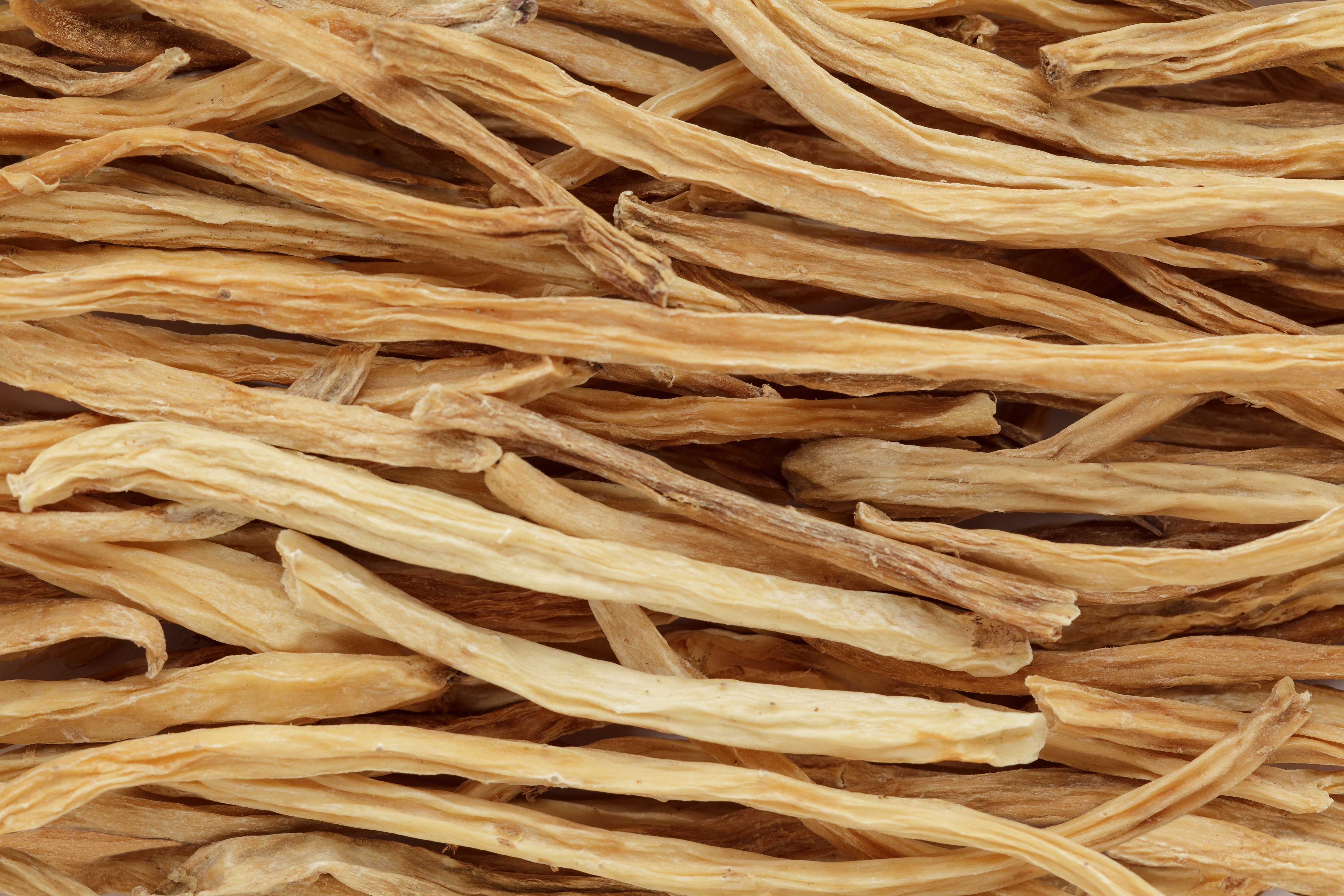HEALTH AND NUTRITIONAL BENEFITS OF SHATAVARI

Botanical Name : Asparagus racemosus
Ayurvedic Name : Shatavari
English/Common Name: Asparagus
origin, Distribution and composition
Shatavari or Asparagus racemosus is a climbing plant which grows in low forest areas throughout India.
The main part used for medicinal purpose is the roots.
The major constituents of Asparagus plant are Shatavarins I-IV, Sistosterol, Asparagamine.
Health benefits of Shatavari
Hormone balance
It is actually considered to be the most helpful herb for women as it helps in balancing the female hormonal system.
Ayurveda has called Shatavari the "Queen of herbs" and is the primary herb recommended for female health. Among the three Ayurvedic Doshas of Vata, Pitta and Kapha, it efficiently helps in balancing Pitta Dosha.
It helps in Infertility, Irregularities in ovulation, PMS symptoms such as those excessive bleeding, cramps, pain, bloating and also helps in PCOS.
REDUCE SYMPTOMS OF MENOPAUSE
The herb contains the phytoestrogens, the precursors of oestrogen and is really very useful for women who suffer from low natural oestrogen levels as a result of menopause, hysterectomies or oophorectomy's.
Improves lactation
It improves lactation during breast feeding. The substance that increases the production of milk during breastfeeding is called galactagogues. Shatavari is used as a herbal galactagogues.
Diuretic
It's mild diuretic action helps in bladder infections. Diuretics removes excess fluid from the body. Studies in rats showed that the herb works well as a diuretic without causing any side-effects.
Lowers blood sugar
Study conducted in 2007 found shatavari helps in lowing blood sugar levels. Due to this it is also used for type II diabetes.
treating gastric ulcers
It is also effective in ulcers and hyperacidity and its cooling action works on chronic fevers, rheumatism, inflamed membranes of the lungs and stomach.
Treating Diarrhoea
Its also helps in treating diarrhoea and dysentery. A study conducted on rats showed it helped in stopping diarrhoea.
Kidney stones
It helps in reducing the formation of kidney stones as it reduces the formation of oxalate stones.
cough
In many parts of India it is used as a natural cough remedy. Studies have also shown a positive outcome when treating with shatavari for cough. More research is needed to determine its mode of action.
Caution
If on medication then always talk to your health care provider before taking any herb. The herb is available as a tablet, powder or tincture form.
Shatavari has a diuretic effect, so people on diuretic medication should not take or speak to your doctor.



